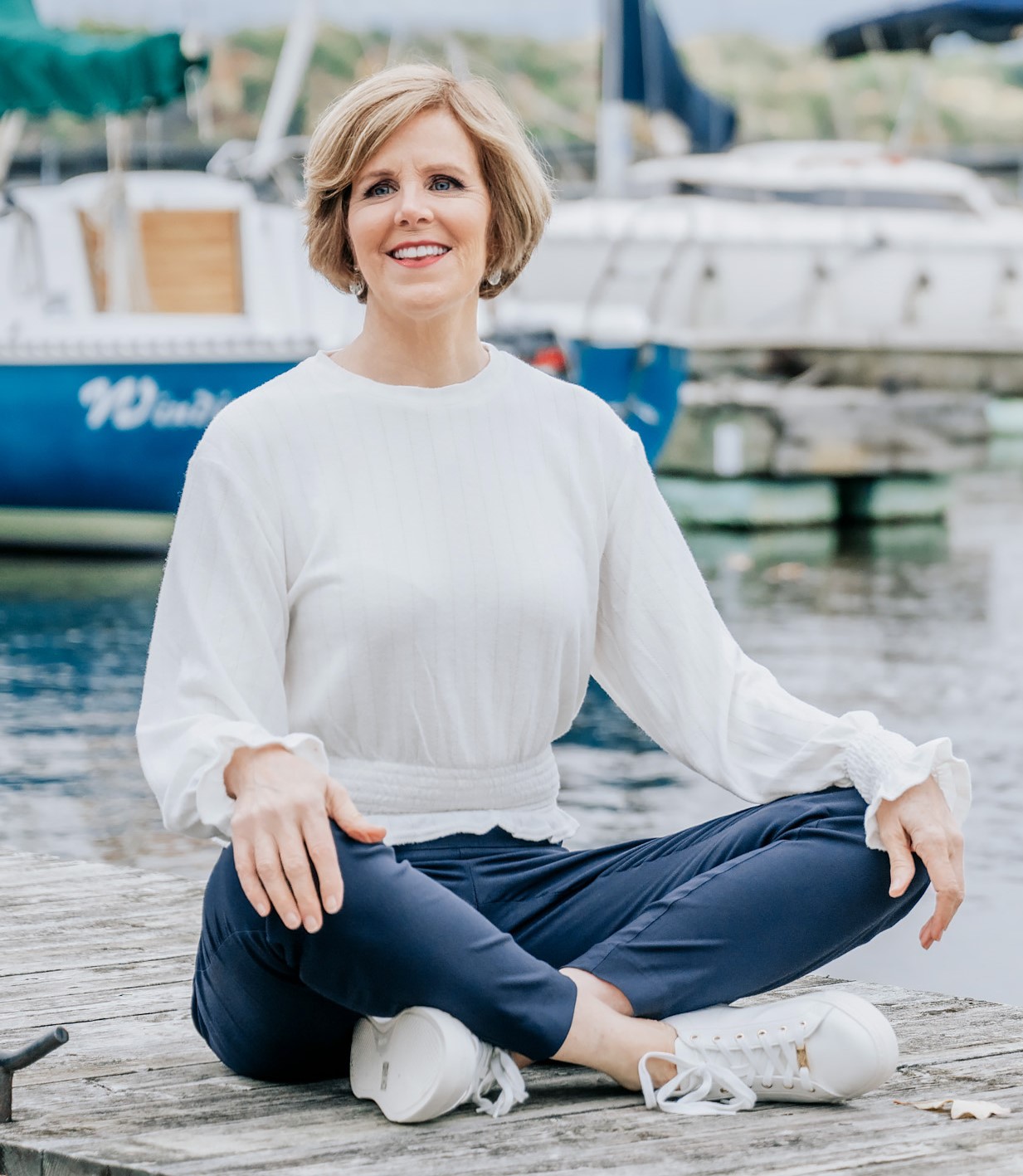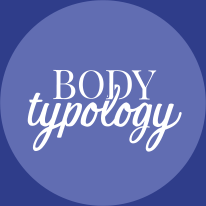Mindfulness Meditation
Mindfulness meditation, what is it? Let's take an example...
What do you do when you eat?

Do you read the newspaper or a book?
Watch T.V?
Talk?
Are you in front of the computer?
How often are you really present when you eat?
Enjoying the taste, the sensations, the aromas, slowly chewing and savoring the meal.
How often are we really present in our daily lives? Most of the time we are checked out. Our minds are constantly judging and evaluating. We are forever thinking about the past, anticipating or worrying about the future. I don't know of anyone who wouldn't benefit from a little more mindfulness in their daily lives.
Moment by moment being more aware, here and now. When you are washing the dishes, being with the soap and bubbles. When you listen to someone, listening fully, without distractions, judgments, or thinking about how you want to respond. As with yoga or mindfulness meditation, learning to be aware of what is going on in our minds, simply being a witness to our thoughts, helps us to accept wherever we are at.
Being fully here in the moment – instead of being on autopilot, we can be more aware...
It is like developing a muscle. We can become more aware of our habits and thought patterns. Change happens when we have awareness and understanding. As we become more conscious and in the present moment we can recognize the agitations for what they are:
- Thoughts
- Feelings
- Sensations
- Opinions
- Jumping to conclusions
Moment by moment be aware.
Ah, "Here is a stressful situation."
Change the way we see. Change the way we respond.
Using Mindfulness for Pain Management
Jon Kabat-Zinn brought mindfulness meditation into mainstream medicine. He started a clinic at the University of Massachusetts Medical Center in Worcester. To learn more about this practice I took the Mindfulness Based Stress Reduction Course in Toronto, offered by two people who had studied with Kabat-Zinn.

The stress reduction clinic in Massachusetts uses mindfulness, yoga and meditation to help people with chronic pain and very high stress. The clinic helps those that the medical profession can not do anything for.
Following the eight week course, 60 to 72% report moderate or great improvement. Many keep up a regular meditation and yoga practice years later and other clinics have opened up in hospitals across the country.
In helping people with pain, Kabat-Zinn says, "What we are going for is the cultivation of wisdom and liberation from pain and suffering. We're not saying that all one's life problems will get more vivid. But when you move in close to sensations, you discover moments of stillness and peace that are pain-free and that are accessible all the time when you choose to notice how much the mind itself inflames the body. (...)We learn about living with things as they are."
While on Oprah, one of the participants stated, "Of course I would feel better without the pain, but would I feel better? Not emotionally, not spiritually. I can achieve those with or without the pain."
